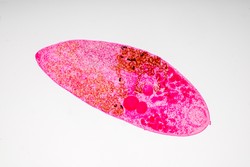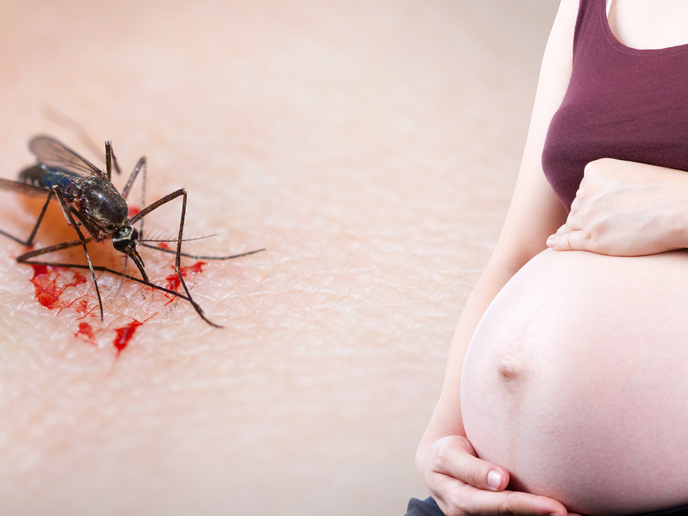Parasitic worms and poverty-related diseases
The existence of wide geographic overlap in occurrence between WIs and poverty related diseases led to current efforts to understand the impact of WIs on specific immune responses and vaccination. The EU-supported project IDEA(opens in new window) (Dissecting the immunological interplay between poverty related diseases and helminth infections: An African-European research initiative) studied these connections for four years. Partners from six European and five African countries were involved in the project. The objectives of IDEA were to understand how the presence of WIs affect immune responses specific to HIV, TB and malaria. The effects of parasitic worms on the clinical progression of these diseases were also under study. IDEA established a central database that unifies demographic, clinical and parasitological data and allows for centralised analysis. The project has developed a global strategy, which includes an alliance between African and European leading scientists in the field of worms, HIV, TB and malaria. The alliance involved immunologists, parasitologists, epidemiologists and clinicians to apply the most innovative technologies to profile WI interaction and immune response. Innate, or immediate immune response elicited by WIs has been characterised. The scientists have determined whether the worm-induced innate immune response modulates the innate and adaptive immune response to HIV, TB and malaria antigens. They obtained results regarding interplay between WIs and HIV- and TB-specific T cell responses and identified bio markers associated with helminth co-infection with HIV, TB and malaria. The effects of WIs and anti-worm treatment on incidence, clinical presentation and immune responses against worms, as well as HIV, TB and malaria have been analysed. The researchers initiated vaccine trials for HIV, TB and malaria to determine the effect of WIs on vaccine-induced immune responses. The IDEA research programme has made a substantial contribution to sustained and integrated research in sub-Saharan Africa. In addition, the project will ultimately contribute to the development of new successful therapies and vaccines.







